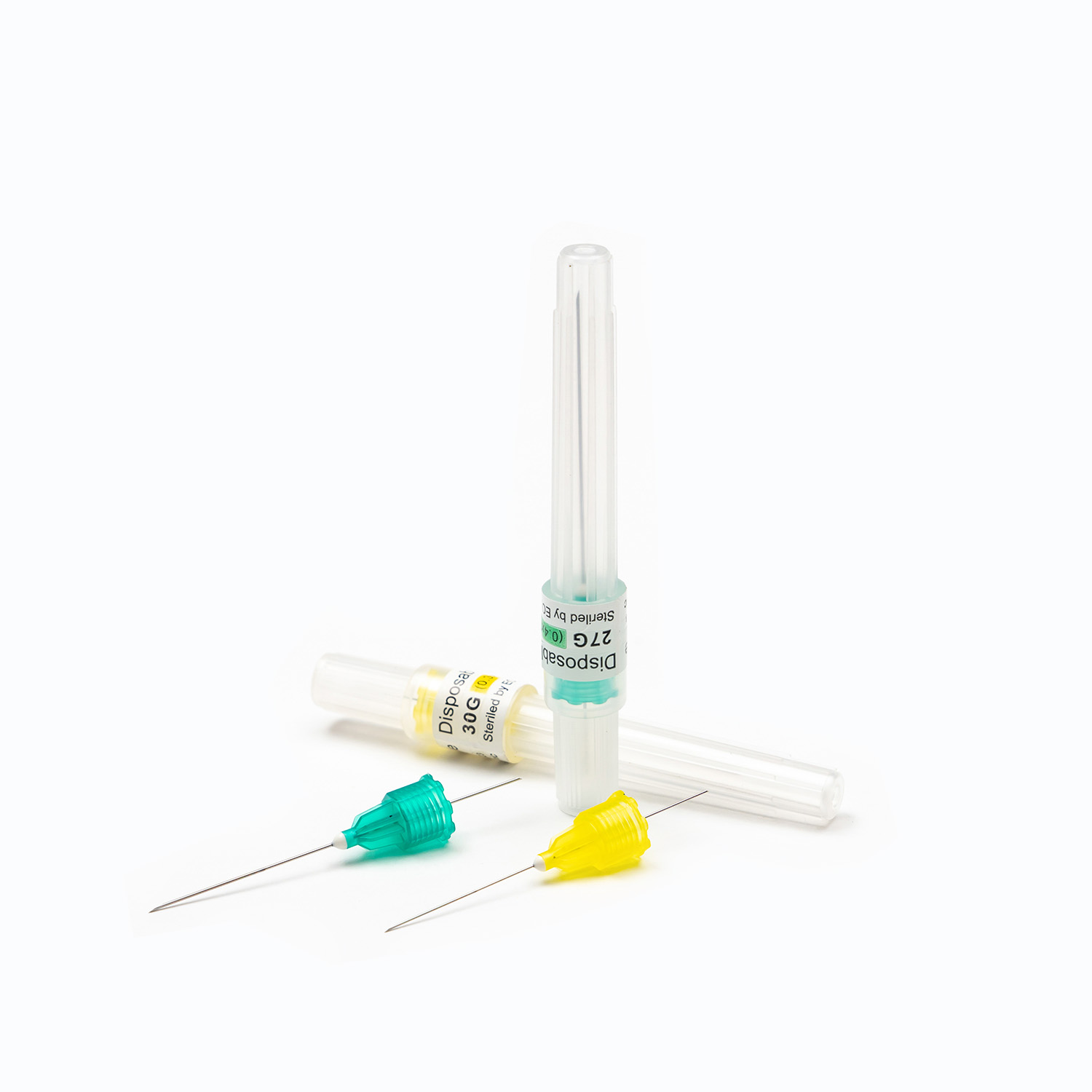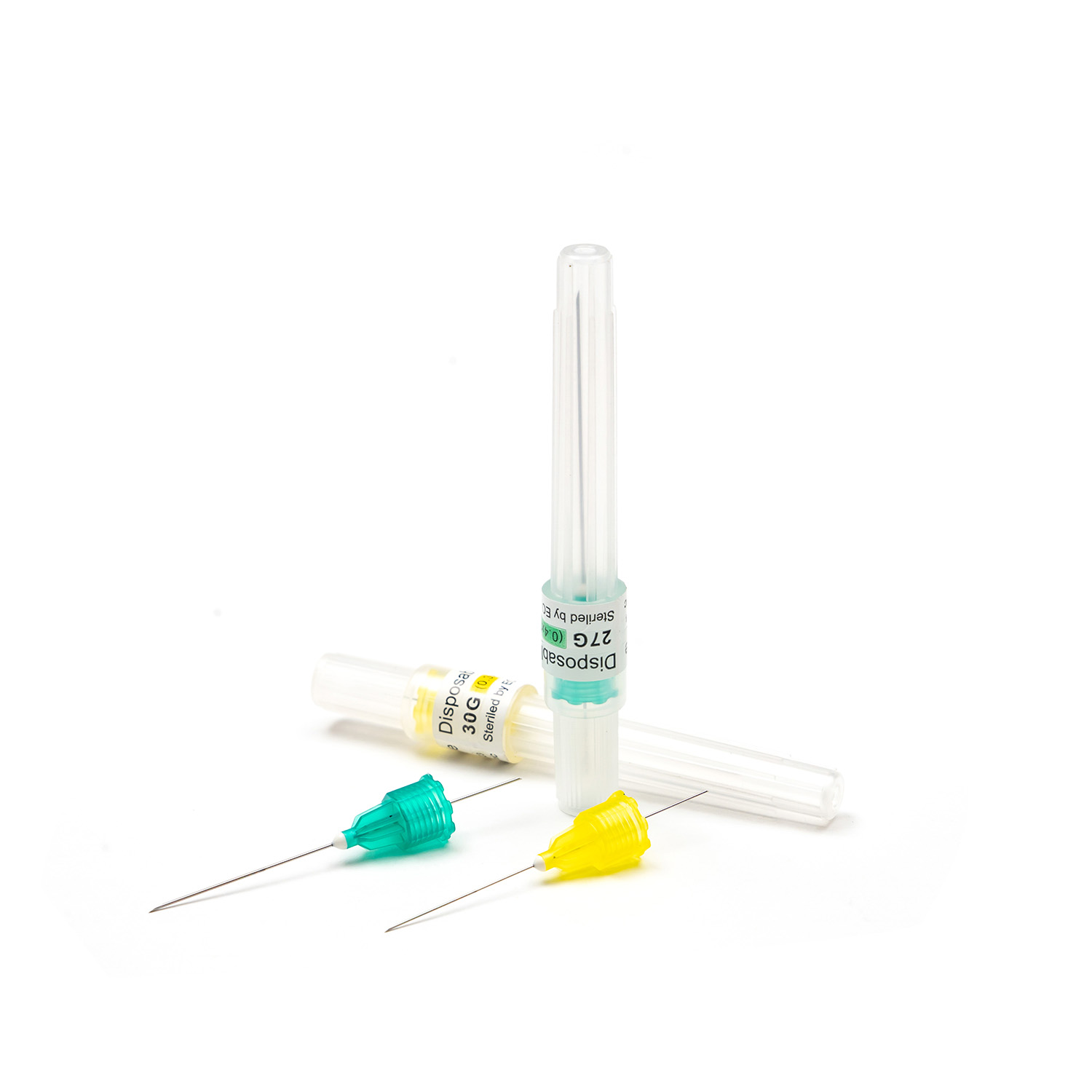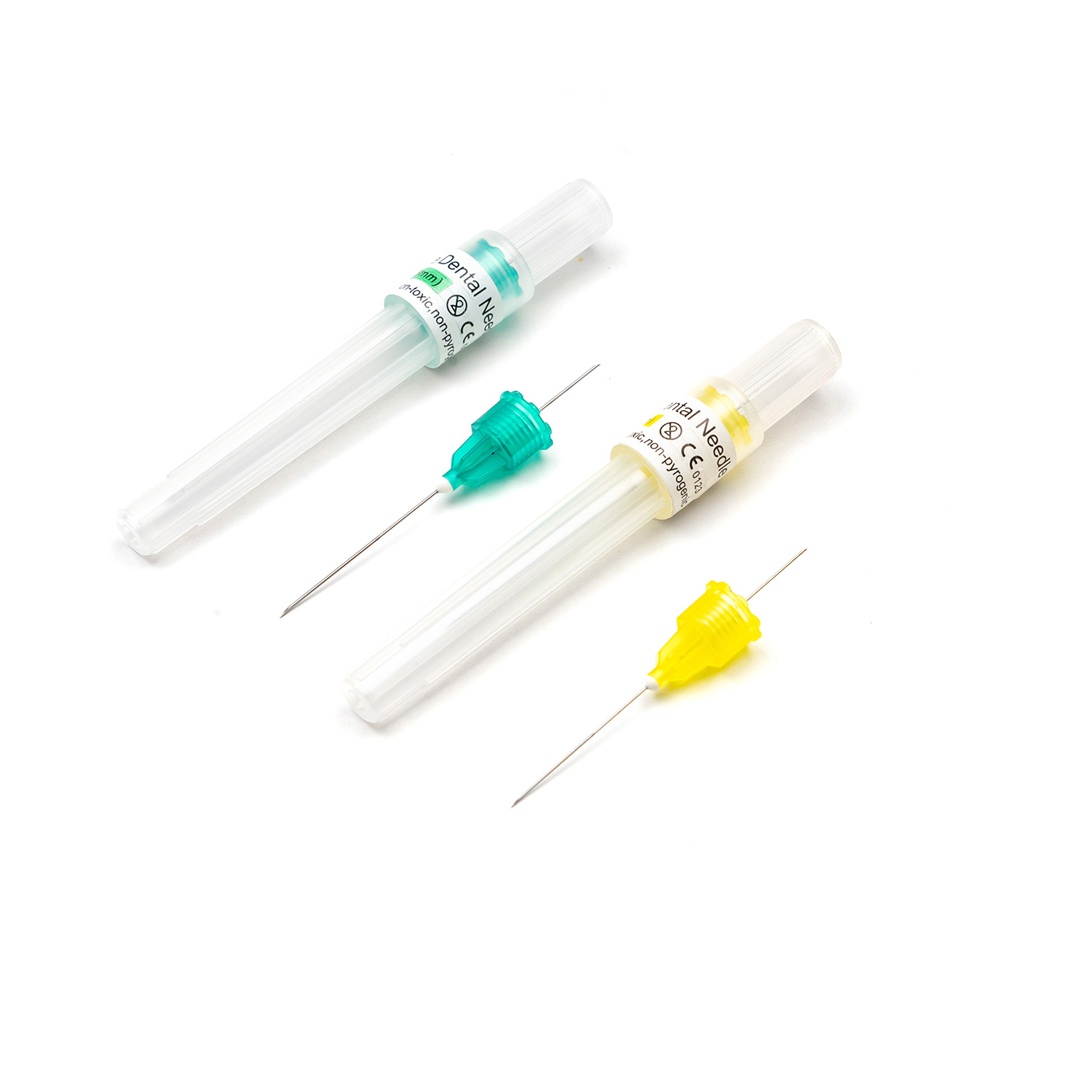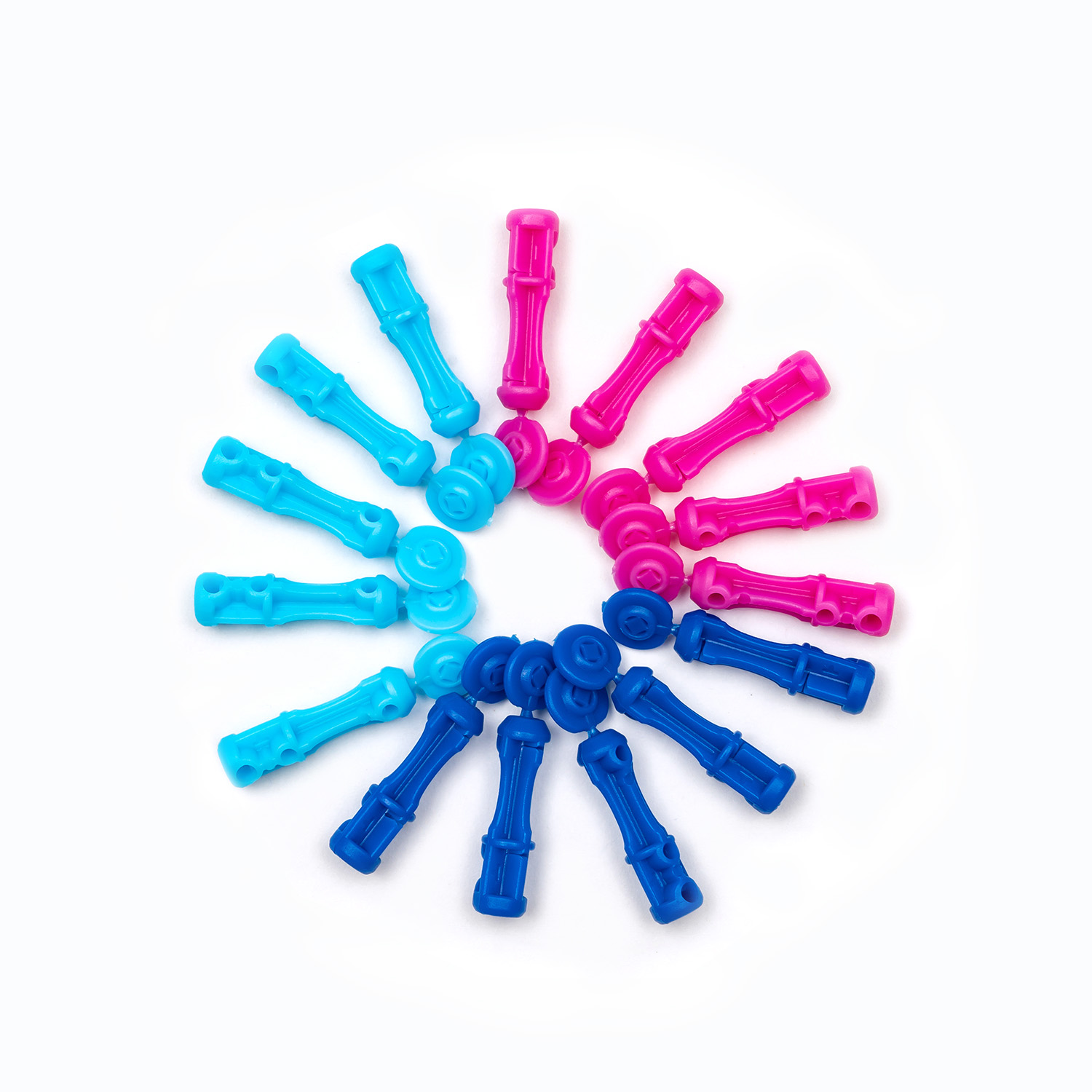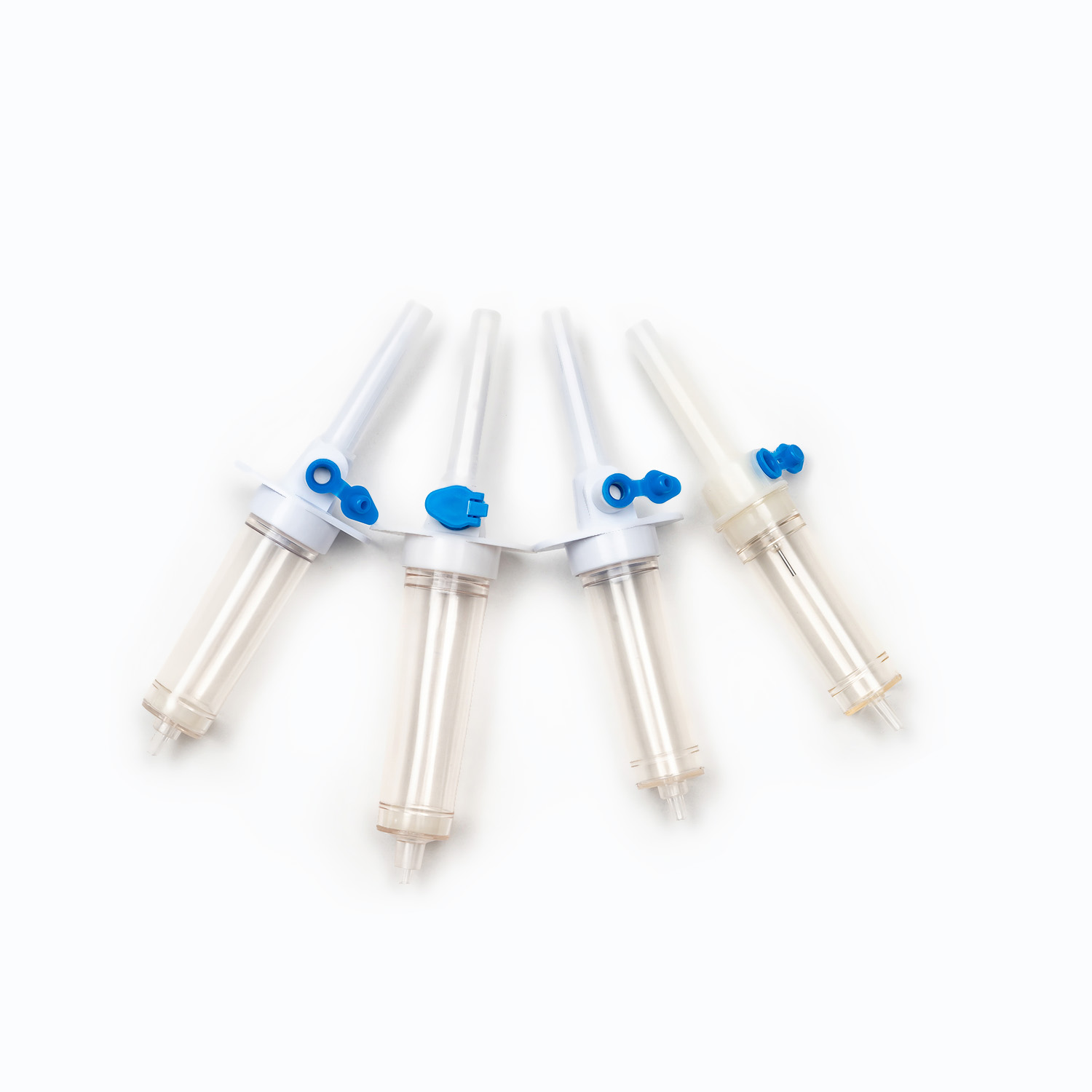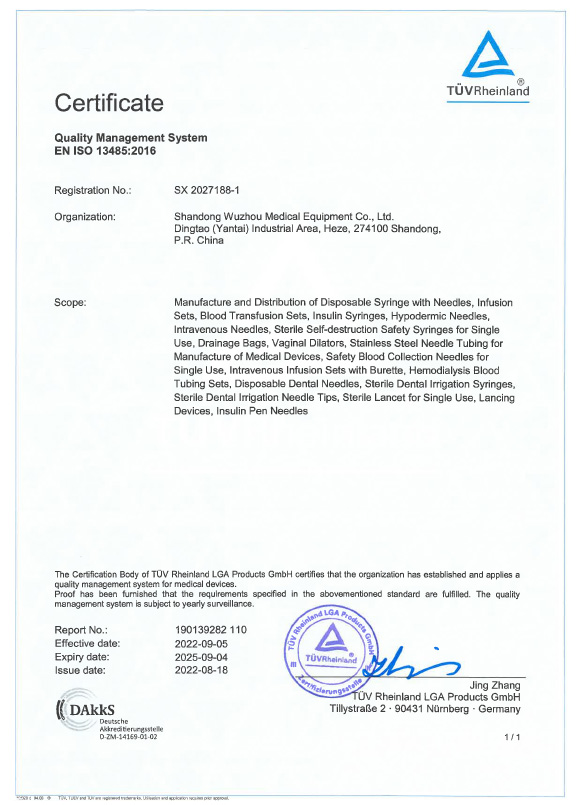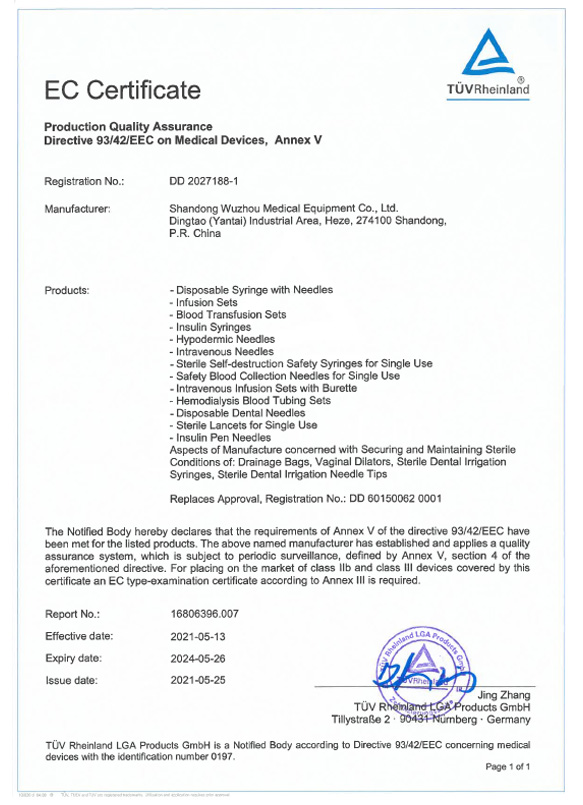PRODUCT CATEGORY:
Disposable Plastic Hub Dental Needles
Size: 30G 0.3*16mm Yellow; 30G 0.3*32mm Yellow; 30G 0.3*25mm Yellow; 27G 0.4*21mm Green; 27G 0.4*30mm Green; 27G 0.4*25mm Green
Material: Medical grade PP, Medical 304 stainless steel
Package: PE bag or blister bag
Description:
A dental needle is a type of needle used specifically for dental treatments and surgeries. It is mainly used for injecting anesthesia, delivering drugs, or performing sutures in the oral cavity.
Dental needles are usually made of stainless steel or other corrosion-resistant materials. Its needle body is slender and has a smaller diameter to reduce pain and discomfort to the patient. The needle has a sharp point on one end that is used to puncture skin and tissue, and the other end is connected to a syringe or thread.
The main uses of dental needles include:
1. Anesthetic injection: used to inject anesthetic drugs into specific teeth or gum areas to achieve local anesthesia and reduce pain.
2. Drug delivery: used to inject or deliver antibiotics, anti-inflammatory drugs, or other therapeutic drugs into the oral cavity to treat oral diseases or perform dental treatment.
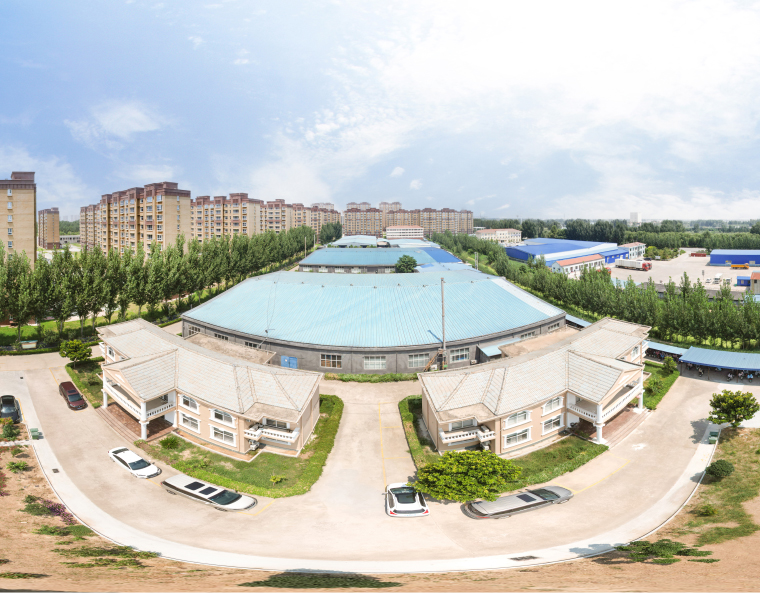
-

Floor Area
0m² -

Patent Certificate
0 -

Employees
0+
Our mission is to offer "High Quality" & "Good Service" & "Fast Delivery'to help our clients to gain more profits.
What are the key factors influencing the choice of injection technique with dental needles?
Dental needle injection technology plays a crucial role in the delivery of local anesthesia during dental procedures. The accuracy, efficiency, and patient comfort associated with dental injections heavily rely on the choice of needle injection technology. With advancements in dental healthcare, various types of dental needle injection technologies have emerged, offering dentists a range of options. However, in order to make an informed choice, it is important to understand the key factors that influence the decision-making process.
Factors influencing the choice of dental needle injection technology:
1. Patient comfort and pain management:
One of the primary factors that impact the choice of dental needle injection technology is patient comfort and pain management. Dental injections are often associated with pain and anxiety, leading to increased patient apprehension. Therefore, dentists prioritize technologies that minimize pain and discomfort, such as those that use smaller, ultra-sharp needles and innovative injection techniques. The technology's ability to deliver anesthesia effectively and efficiently, while ensuring minimum discomfort, has a profound impact on patient satisfaction and experience.
2. Injection precision and control:
The precision and control offered by dental needle injection technology significantly influence the outcome of dental procedures. Dentists require technologies that provide accurate and controlled injections, particularly in sensitive areas such as the gums and palatal region. Factors such as needle thickness, length, and gauge can impact injection precision and control. Advanced technologies, such as computer-controlled local anesthesia delivery systems, allow dentists to achieve precise injections by maintaining consistent pressure and flow rates. The more control a technology affords, the better outcomes it can produce.
3. Safety and prevention of cross-contamination:
Patient safety and infection prevention are paramount in any dental procedure. The choice of dental needle injection technology is influenced by its ability to prevent cross-contamination and reduce the risk of needlestick injuries. Technologies that offer disposable needle cartridges or retractable needles significantly minimize the chances of contamination. Dentists also consider the ease of proper sterilization and user-friendly needle disposal options as important factors when selecting a needle injection technology.
4. Ease of use and training requirements:
Dental practitioners demand technologies that are intuitive to use and require minimal training. Having a user-friendly system simplifies the administration process, reduces the chances of errors, and enhances overall efficiency. The ease of assembly, disassembly, and maintenance of the needle injection technology is an important consideration. Additionally, technologies that integrate seamlessly with existing dental setups and are compatible with various anesthetic cartridges are preferred, as they allow for greater flexibility and convenience.
5. Cost-effectiveness:
The cost of dental needle injection systems can vary significantly. Dentists consider the initial investment, recurring costs, and long-term value when deciding on a particular technology. While advanced injection systems might have a higher upfront cost, they can potentially reduce the need for supplementary anesthesia shots, leading to cost savings in the long run. Factors such as durability, reliability, and availability of spare parts also influence the overall cost-effectiveness of a dental needle injection technology over its lifecycle.
6. Compatibility with different anesthesia types:
Different dental procedures require specific types and concentrations of local anesthetics. Therefore, dentists often require needle injection technologies that are compatible with a range of anesthesia solutions. The ability to switch between cartridges quickly and safely is essential to accommodate the individual needs of patients. Technological advancements have led to the development of injection systems that offer multi-cartridge compatibility, allowing for seamless transitions between different anesthetics during procedures.



 English
English Français
Français русский
русский Español
Español
